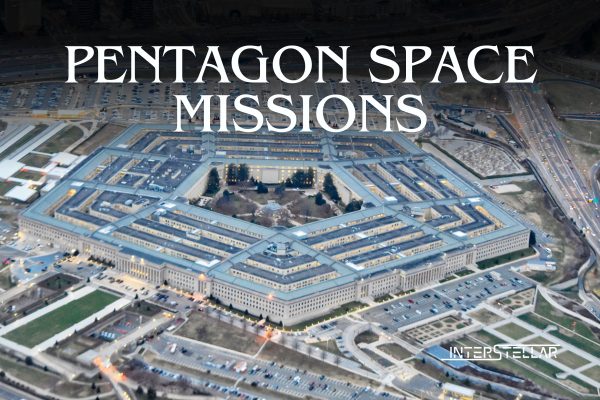Pentagon Chooses Blue Origin, SpaceX, and ULA for Security Space Missions
The U.S. Department of Defense has selected Blue Origin, SpaceX, and United Launch Alliance (ULA) to compete for national security space missions. These selections are part of a $5.6 billion award programme.
Selection Details
The Pentagon has not specified which rockets were chosen but mentioned that seven companies vied for a place in the programme. The selected rockets must be ready for their first missions by December. Blue Origin, SpaceX, and ULA are the first chosen under the Pentagon’s National Security Space Launch Phase 3 procurement programme. This competition involves U.S. rocket companies aiming to launch the nation’s critical military and intelligence satellites over the next decade.
Previous Programmes and Future Competition
Since 2020, SpaceX and ULA have been the main providers for the Pentagon’s rocket launches under the Phase 2 programme. This programme allotted ULA 60% of all missions through 2027, with SpaceX handling the remainder. Phase 3, however, seeks to introduce a broader range of companies to enhance competition within the U.S. launch sector.
Individual Company Highlights
The announcement marks Blue Origin’s entry into a highly competitive market. The company, founded by Jeff Bezos, aims to bring its New Glenn rocket to market and compete with SpaceX. SpaceX’s Falcon 9 has been a dominant force in the industry, and its next-generation Starship rocket is being developed to fly humans into space and launch large satellite batches. ULA is transitioning from its Atlas 5 rocket to the Vulcan rocket, which first launched this year and is awaiting its second mission for certification.
Programme Categories and Future Awards
The Phase 3 programme is divided into two categories: Lane 1 and Lane 2. Lane 1, the focus of Thursday’s announcement, is for novel or specialized rockets for missions with less stringent requirements. More companies, like Rocket Lab, are expected to join Lane 1 in the future. Blue Origin received $5 million to assess its readiness for the programme, while SpaceX and ULA each received $1.5 million. Lane 2 awards, expected in the autumn, will target rockets capable of meeting a wider range of national security mission requirements, likely favouring experienced players like SpaceX and ULA.
Conclusion
The inclusion of Blue Origin, SpaceX, and ULA in the Phase 3 programme underscores the Pentagon’s commitment to fostering competition in the U.S. space launch industry. This move is expected to drive innovation and ensure reliable access to space for national security purposes.





